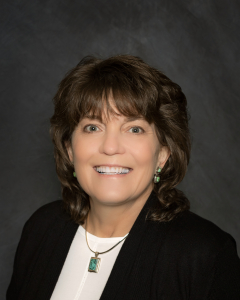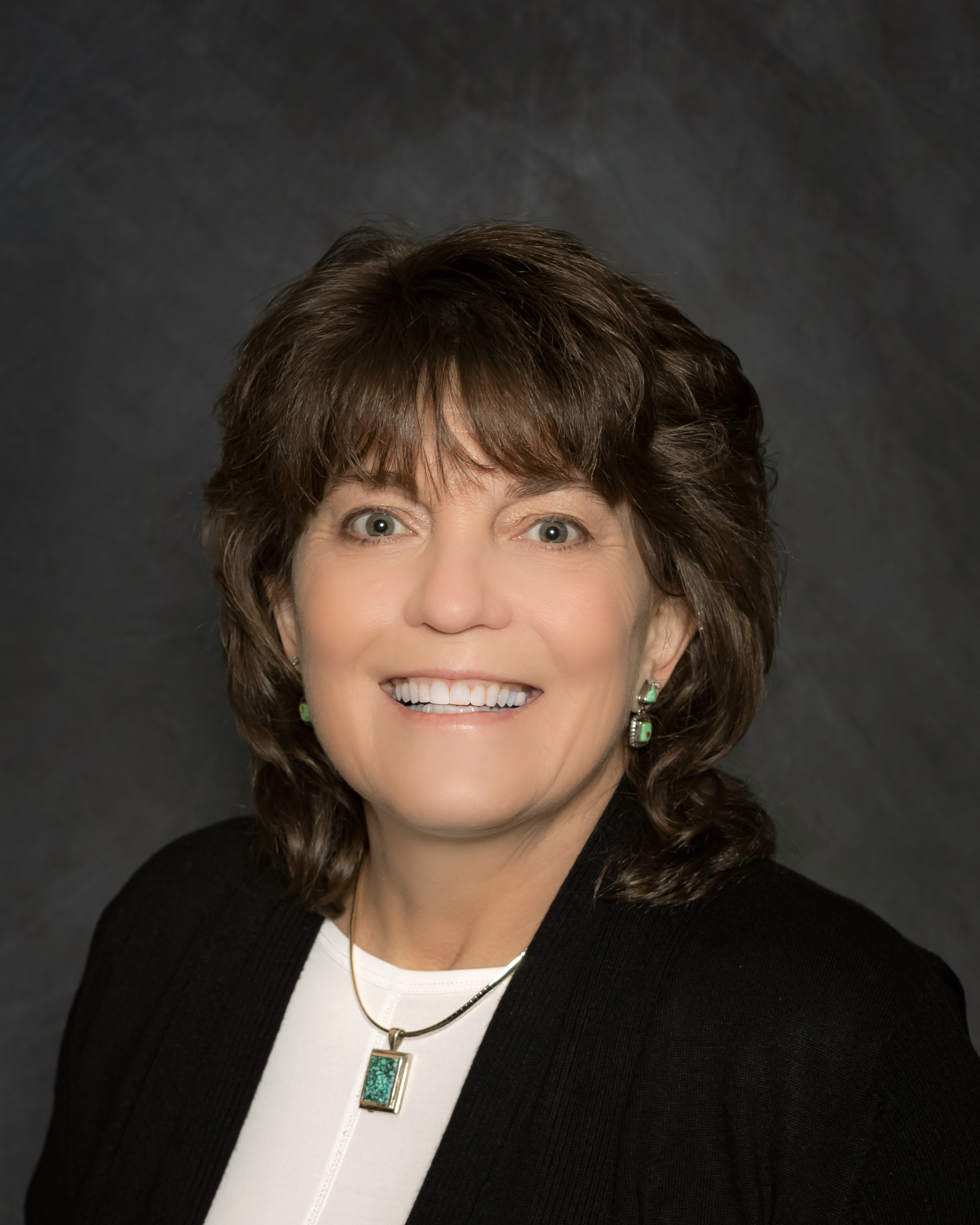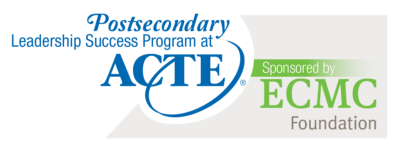Meet Bernie Phelps, director of Perkins, Perkins Rural Reserve and dual enrollment at Montana Technological University, Highlands College. The Techniques interview with Phelps appears as part of a digital-exclusive spotlight series on fellows in the Postsecondary Leadership Success Program at ACTE – Sponsored by ECMC Foundation.

What leadership skills do you hope to develop as part of the program?
When I entered the program, I was confident in which skills I hoped to acquire. However, based on the diverse group of speakers and course curriculum, I quickly realized that I would learn more than I could have imagined. My perspective regarding leadership has evolved, and previous hopes have been strengthened.
The fellowship will continue to challenge my thinking, broaden my perspective and strengthen collaborations with colleagues. Additionally, these experiences have emphasized the importance of relationship-building within higher education. Thus, I aim to approach my work by telling a relevant story, grounded in data, that aligns with the strategic plan and mission of the institution and its members.
In what ways have you innovated to engage students >amp; inspire colleagues in career and technical (CTE) through the COVID-19 pandemic?
Prior to the COVID-19 pandemic, most of student engagement was face-to-face at academic and social events. When the immediate change was made to offer all classes remotely, students and their families were stressed. They felt isolated and worried about what the future would hold. Many CTE program students were concerned about the impact of virtual classes on their hands-on learning activities. Montana Tech faculty pivoted quickly to record lectures, produce videos via Go-Pro, and utilize existing online resources to engage with students. This approach utilized many methods of learning. And we attempted to meet each learner’s needs while maintaining safety.
Working with TRIO Student Support Services, Café Zoom meetings offered an opportunity to engage with students and provide pertinent information. This was innovative within our educational community! It took time to build trust and for students to share their feelings. But soon it became clear that students felt empowered to share their concerns when university leaders participated in the meetings.
While our approaches during the COVID-19 pandemic were not perfect, we strived to meet student needs during an unprecedented time. Importantly, we continue to recognize that students yearn for a sense of normalcy. Genuine and empathetic response to student stress is critical to retain trust and rapport.
Our education systems face many challenges in 2021. Please discuss the steps CTE can take to improve equitable access to high-quality CTE programs of study.
CTE in secondary schools is where the workforce pipeline begins. But CTE remains unknown to many students and even educators. Career and technical educators must tell their story and the stories of their programs. This increases awareness of high-quality, short-term certificates and two-year programs that lead to high-skill, high-wage careers.
Within career pathways, there are different levels of educational requirements. But unless students are told a holistic story, many only hear about careers that require a four-year degree. Due to stigma around CTE careers, high schools often use these programs as alternative pathways when all students could benefit. Rather than making assumptions about academic potential, all students deserve high-quality career exploration. And that includes access to information regarding apprenticeships and work-based learning. It is also crucial that CTE programs allow “on/off ramps” where students have an opportunity to leave the program and return without repercussion.
Since the COVID-19 pandemic began, student outreach has taken various forms. Zoom, Microsoft Teams and online classes substitute for face-to-face interaction. While virtual platforms may not replace in-person education, all platforms may work based on context. However, education systems must determine what each student requires. To do so, we reach out to students individually to assess needs. For example, once a student is enrolled, we may apply multimodal approaches to learning and provide accommodations as well as a trustworthy advisor. We will continue to aspire for equitable access to CTE by approaching conversations with curiosity and humility.
Learn more about the Postsecondary Leadership Success Program at ACTE – Sponsored by ECMC Foundation.
Please also meet:
- Tiffanie Rosier, STEM education coordinator at Northern Virginia Community College
- Tachaka Hollins, assistant vice chancellor for academic affairs at the Tennessee Board of Regents
- Tracey D. Cooper, executive director of nursing at Temple College
- Vickie Thomas, director of the Center for Workforce and Community Development at Eastern New Mexico University – Roswell
- Moira Lafayette, dean of health sciences and public safety at Blackhawk Technical College
- Brad Kinsinger, director of the Global Agriculture Learning Center at Hawkeye Community College
- Eric Sewell, director of technical education at Southern Union State Community College
- C.J. Wurster, district director at Maricopa County Community College District
- Katie Vincent, director of workforce partnerships at Owensboro Community and Technical College
- Xue Xing, assistant professor of teaching and learning at University of Nevada, Las Vegas
- Aleksander Marthinussen, program manager with NOVA SySTEMic at Northern Virginia Community College
- Martha Payan-Hernandez, director of CTE at Fullerton College
- Dan Adams, former CTE administrator and current stay-at-home dad
- Ashlee Spannagel, dean of CTE and workforce development at Southeastern Community College
- Darlene O’Rourke, Perkins grant director and officer at Queensborough Community College
- Shelsi Barber-Carter, CTE coordinator at Baton Rouge Community College








